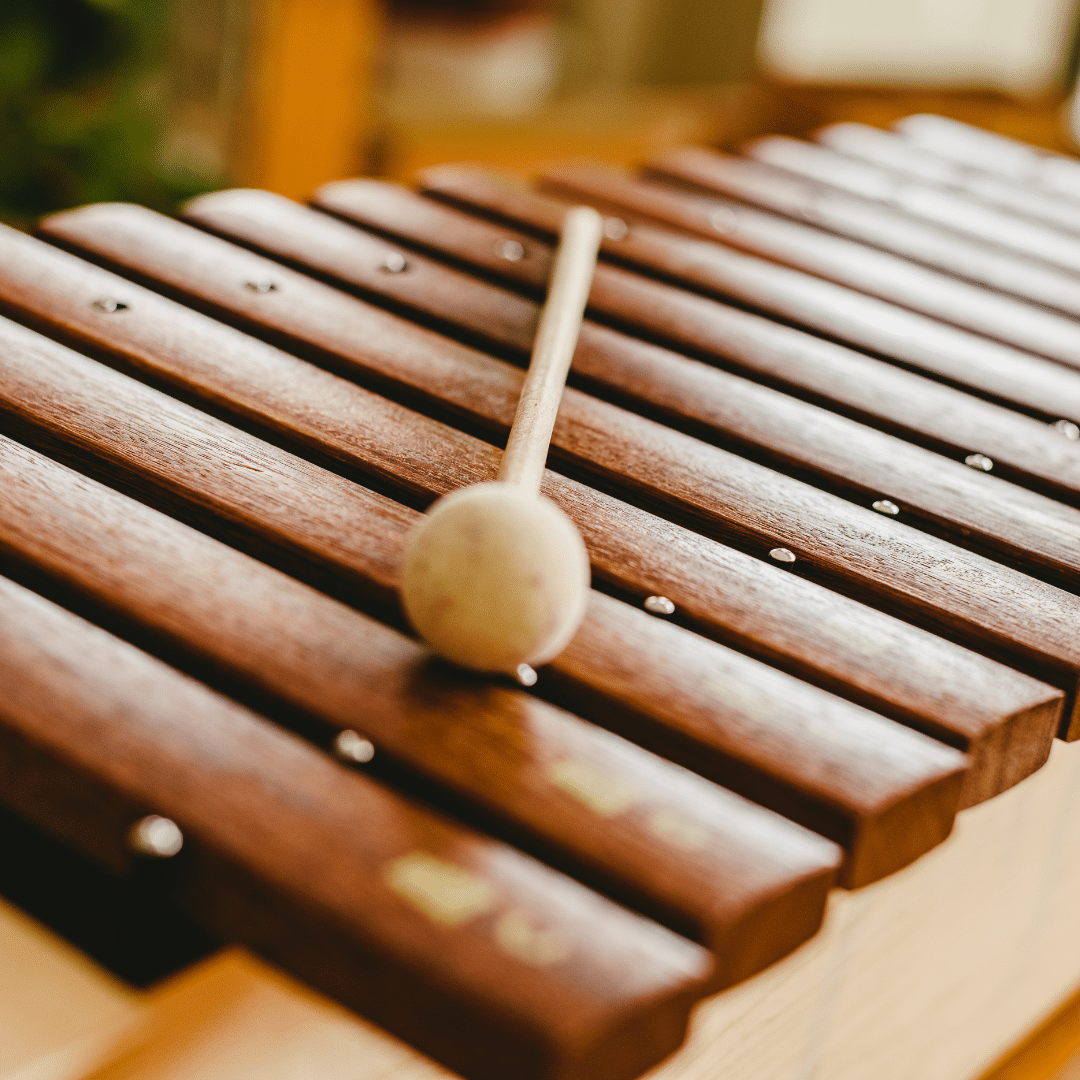
Making a Joyful Noise!
by Julie LeMahieu
“Mallets down, move all around, now get ready in rest position!” This chant can be heard from Class Two students as they carefully place their mallets on their shared xylophone or glockenspiel and rotate to the next spot in the line of instruments. I chant back, “One, two, ready, play!” The students, packed nearly shoulder to shoulder, maintain a steady beat on their instruments. They are playing the root and dominant of the C-major chord, or “C” and “G,” as they accompany themselves while singing an American folk song.
…
“Mallets in the air, fingers wrapped around, strings from my elbows, bouncing up and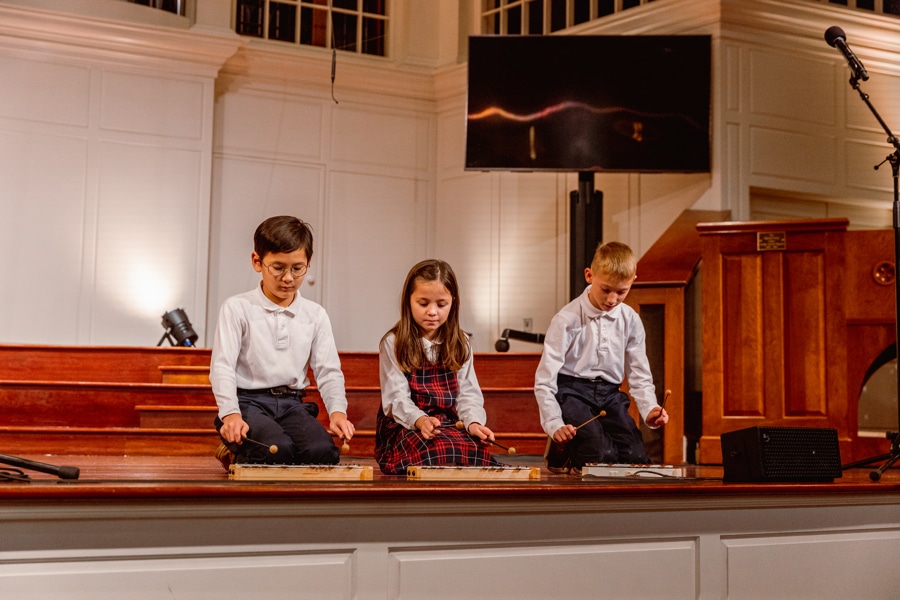
For the last five years, Clapham students have had to share or wait in line to play percussion instruments to accompany their singing, but as of December, each student now has the opportunity to play his or her own mallet percussion instrument!
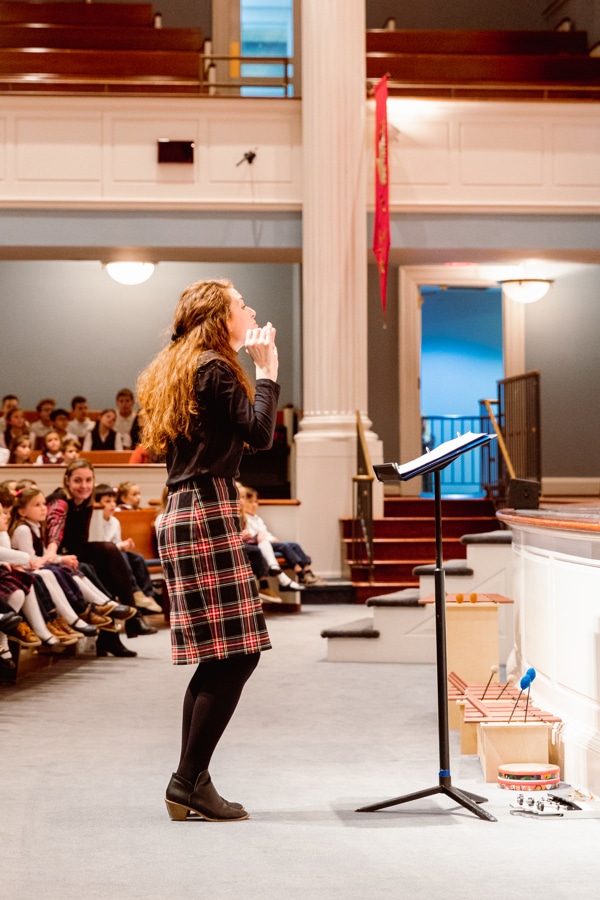
In December of 2022, Clapham School’s music program received a generous donation enabling us to purchase eight more xylophones, mallets, and instrument stands, adding to our existing Orff instrumentarium of classroom instruments.
What is Orff?
What is an instrumentarium? And how does this approach to teaching children music have anything to do with a Christian classical education?
The Orff-Schulwerk approach to music education was developed by composer Carl Orff (of Carmina Burana fame) and Gunild Keetman in the 1920’s at a children’s school for music and dance in Munich, Germany. The German word, “Schulwerk,” literally translates to “schoolwork.” The Orff approach is elemental in nature, building upon children’s natural musical affinities and developmentally appropriate abilities as young musicians. 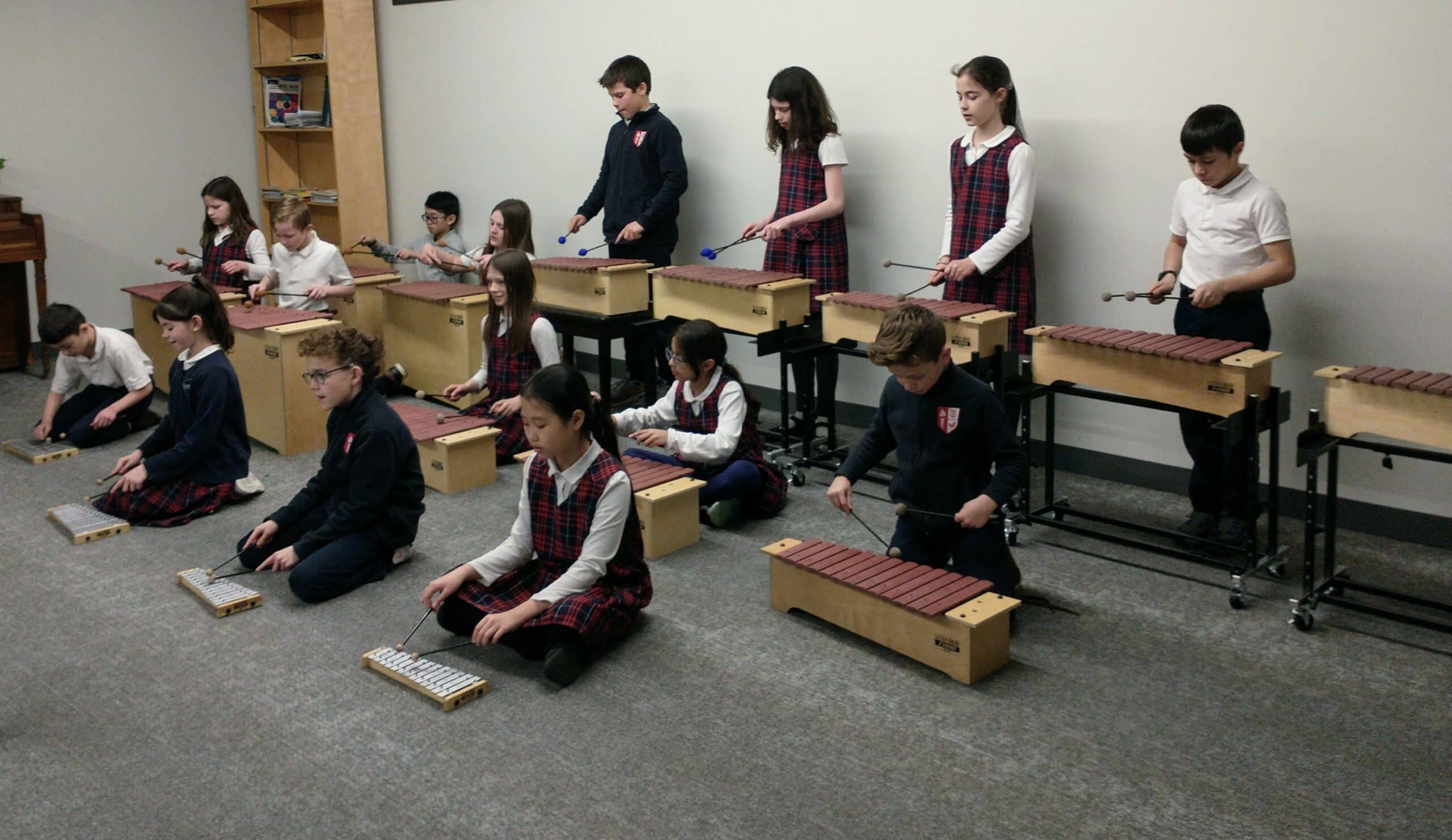
Often called, “Orff Instruments,” the mallet percussion instruments used in the Orff classroom were inspired by West African balafons and are smaller, simpler versions of the modern orchestral xylophone or marimba. Carl Orff primarily used pitched (i.e., many-noted) mallet percussion instruments: xylophones, metallophones, and glockenspiels as well as bells, chimes, and timpani in his teaching. The modern Orff instrumentarium contains these instruments as well as other unpitched instruments (e.g., shakers, rhythm sticks, woodblocks, triangles, tambourines, and, yes, even cowbells).
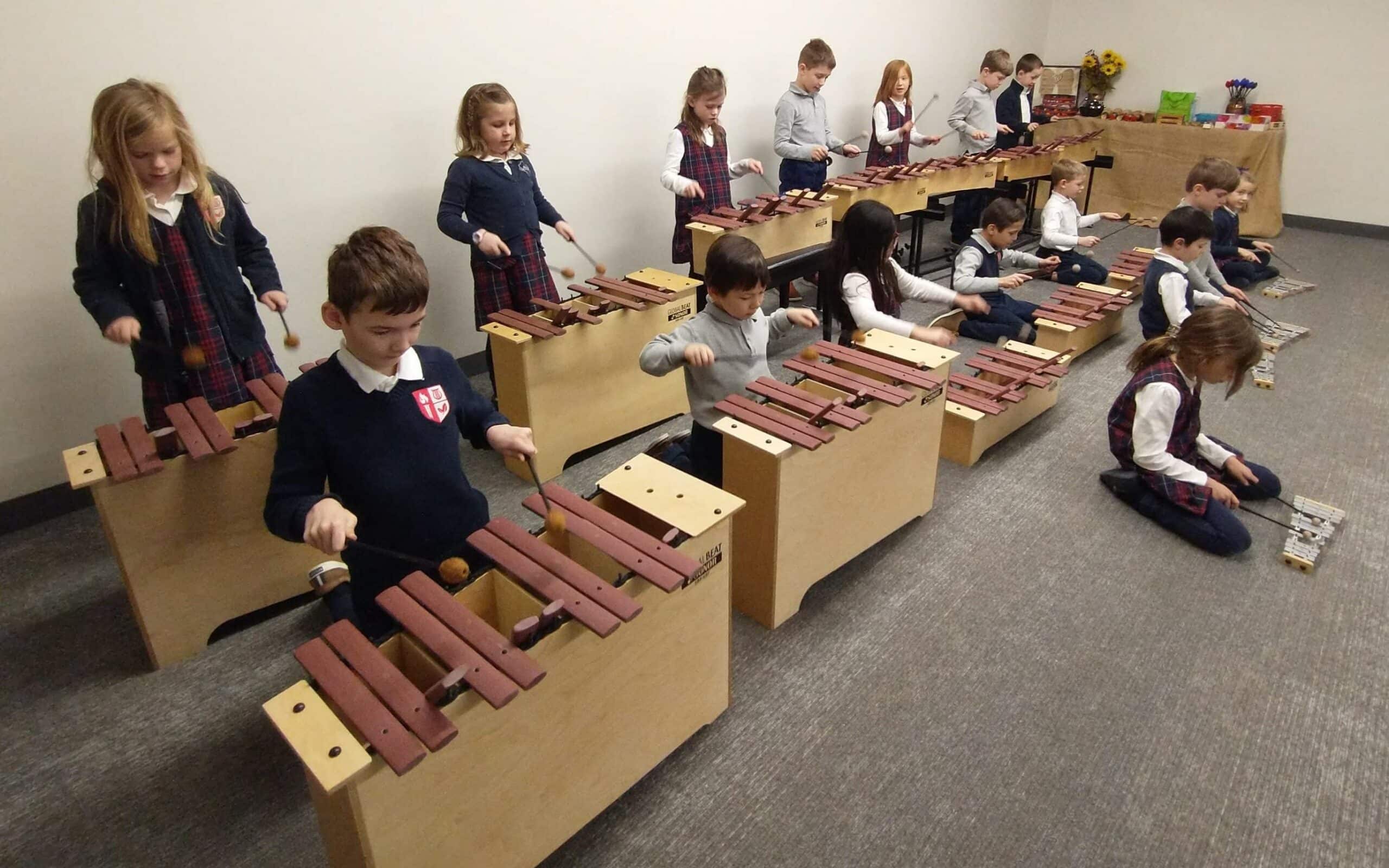
The purpose behind these easy-to-play Orff instruments is the fundamental idea that all children, not just the young virtuosos among us, are musical and ought to be given the chance to develop their musical potential. Furthermore, students are responsible for their own music-making. They learn how to accompany themselves in an ensemble of other musicians and work toward making music that is truly beautiful.
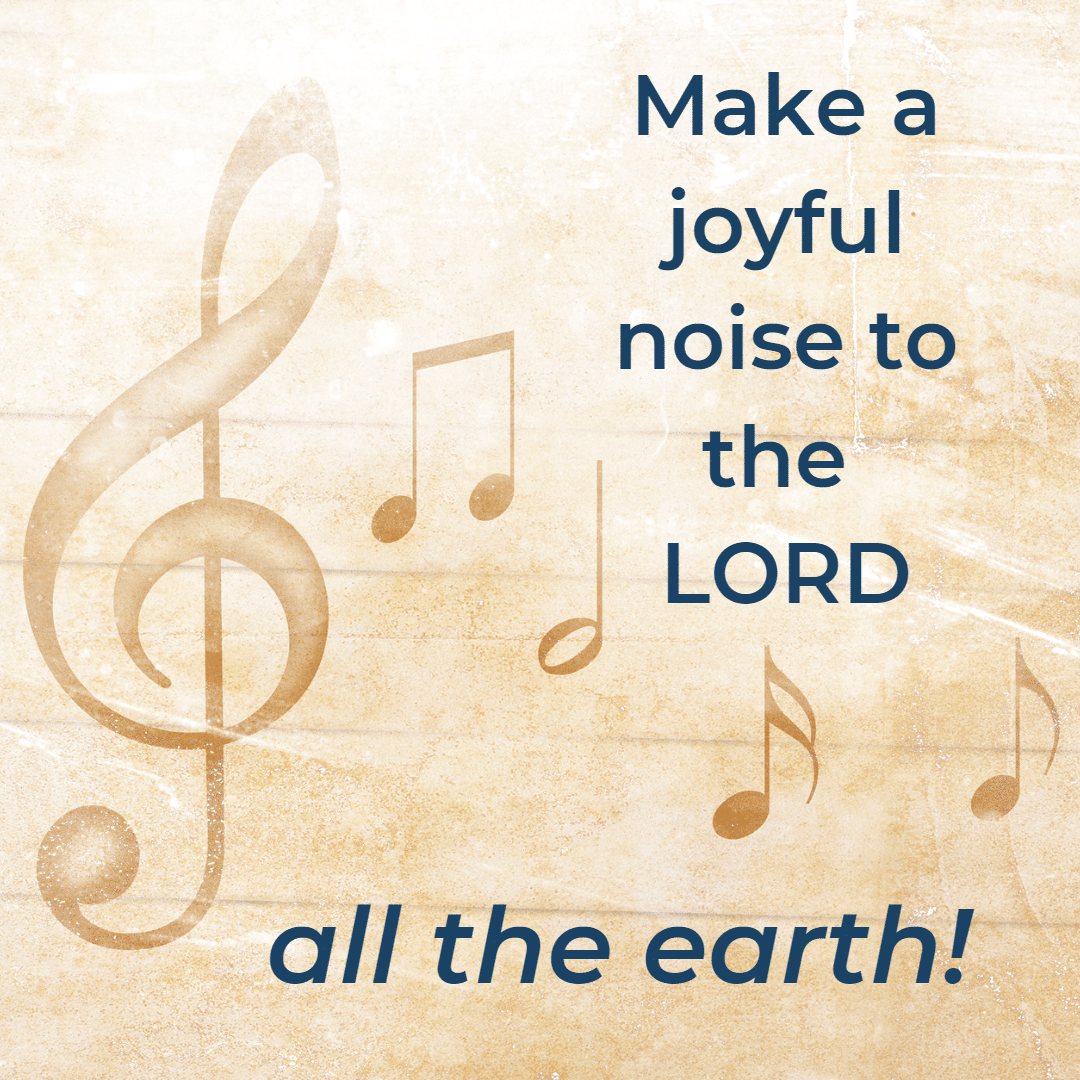
He is worthy to be praised and is truly beautiful. My prayer for each student is that they, too, would echo the psalmist who proclaims, “I will praise the LORD all my life; I will sing praise to my God as long as I live.” (Psalm 146:2 NIV)
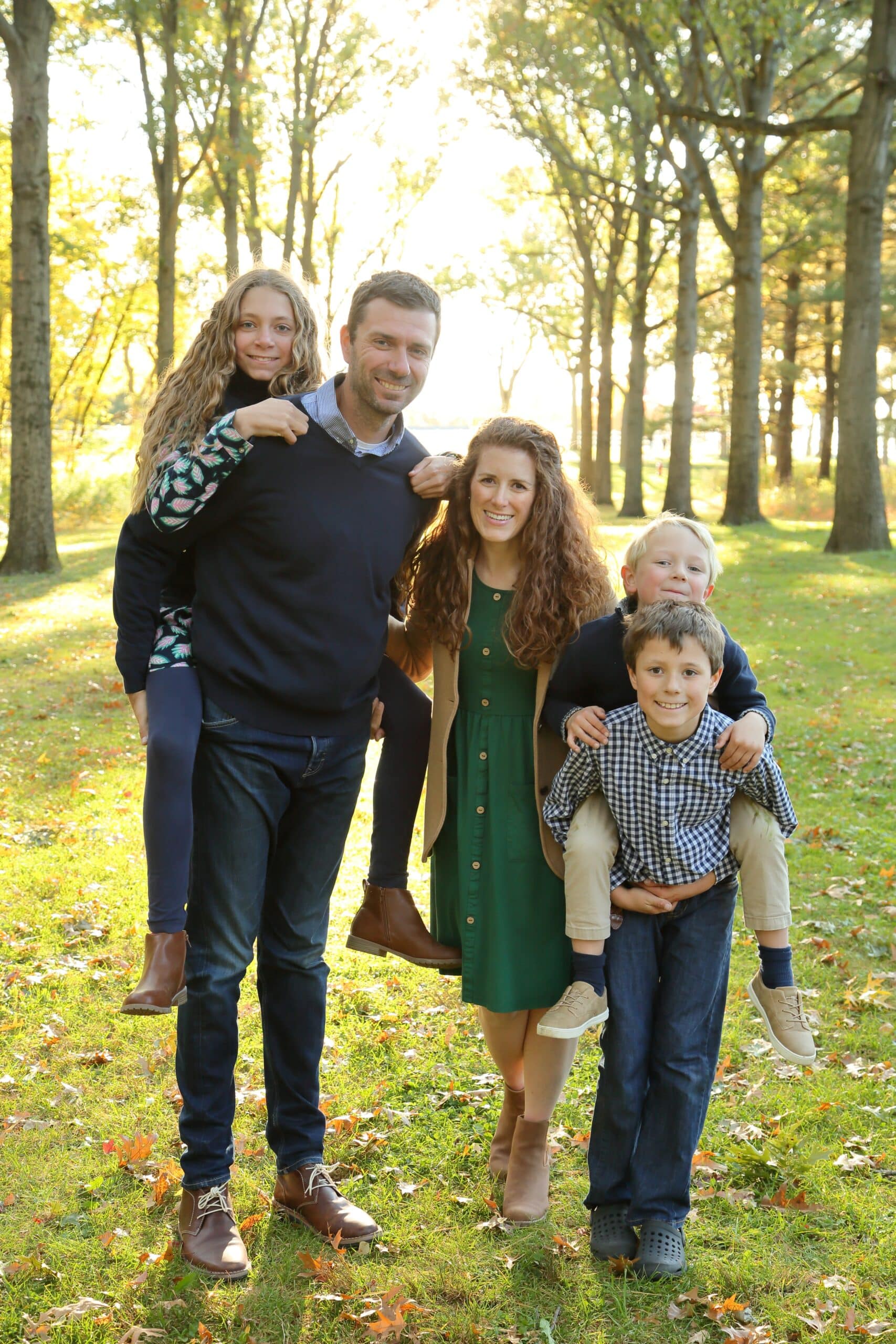
Julie LeMahieu began as Clapham School’s Music teacher in 2017 and her husband, Nathan joined her soon after as the Class Seven teacher. Julie earned Orff-Schulwerk Certification from Vander-Cook College of Music in Chicago among her other degrees.
